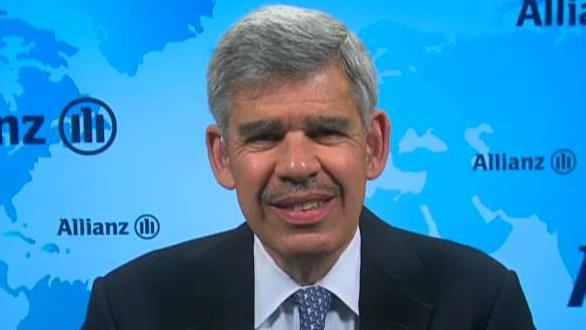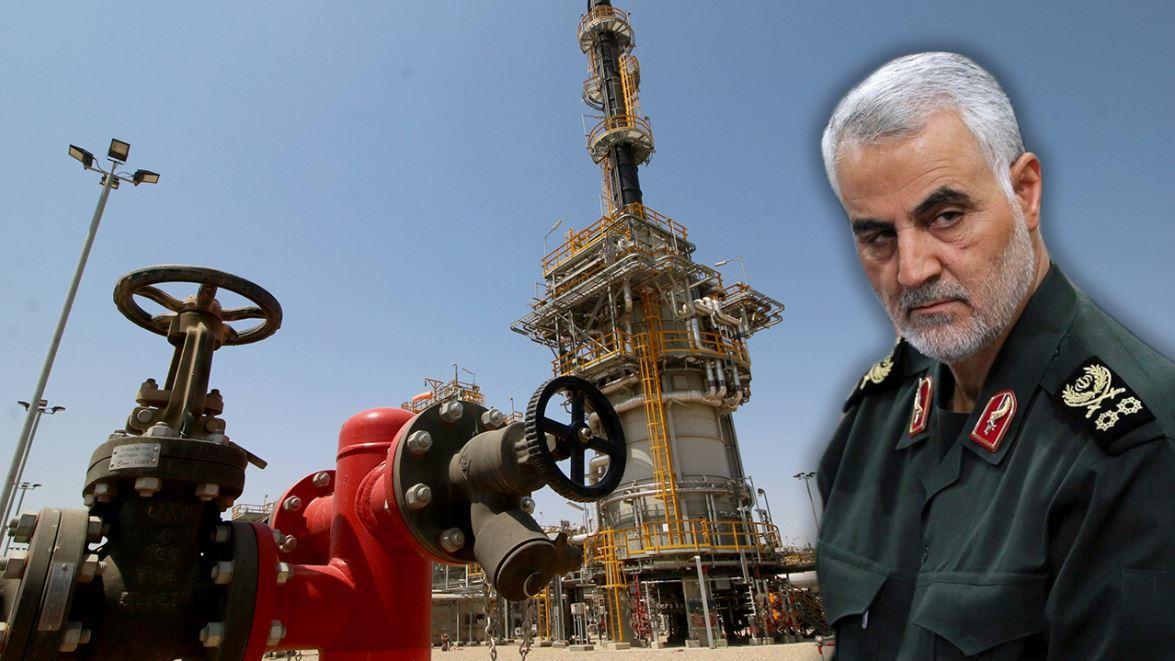Why markets aren't in chaos amid escalating tensions with Iran: El-Erian
The markets' moves have been 'muted'
Markets have been unexpectedly calm amid escalating tensions in the Middle East following the killing of Iranian Gen. Qassem Soleimani, head of the Islamic Revolutionary Guard Corps' (IRGC) elite Quds Force.
"What's really interesting for people like me is how relatively muted the moves are," said Mohamed El-Erian, chief economic adviser at the Frankfurt-based Allianz Global Investors. "You would have expected a bigger selloff, and that reflects the difficulty of pricing in what happens next, what is it, when, so what?"
STOCK MARKET BULLS SET TO KEEP RUNNING IN 2020
The benchmark S&P 500 has fallen about 1 percent following Solemani's death while gold and oil have rallied more than 3 percent and 5 percent, respectively. Gold and oil prices often rise amid increased geopolitical tensions as the former is viewed as a safety play and the latter gains amid concerns of supply disruptions that would occur if the Strait of Hormuz, the world's most important oil chokepoint, is closed.
Markets are torn between "pricing in a further escalation" and "learning from the past," when the right move was to "fade the initial downturn," El-Erian said Monday on FOX Business' "Mornings with Maria."

Mourners attend a funeral ceremony for Iranian Gen. Qassem Soleimani and his comrades, who were killed in Iraq in a U.S. drone strike on Friday, at the Enqelab-e-Eslami (Islamic Revolution) square in Tehran, Iran, Monday, Jan. 6, 2020. (AP Photo/Ebra
"The US has become not only a very large producer, the largest, but it has become the swing producer and markets have priced that in."
Oil prices surged by 14 percent in a single day in September after half of Saudi Arabia’s oil production was taken offline by drone attacks carried out by Iran. Prices quickly reversed because investors "trusted the U.S. to step up production," El-Erian said.
He said oil is seeing relatively muted moves this time around for the same reason.
"It doesn't mean we are immune," El-Erian said. "It just means that we are less sensitive and less vulnerable than we've been in the past."
The longer the U.S. and Iran go without an escalation, the better off markets will be, according to El-Erian.
CLICK HERE TO READ MORE ON FOX BUSINESS
"Markets are very much in the wait-and-see mode, and the longer they wait, the more the risk-off is going to fade," he said.






















